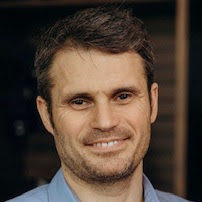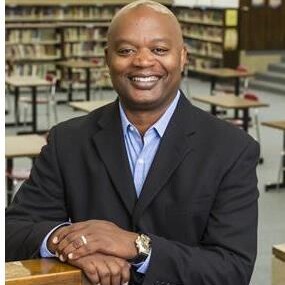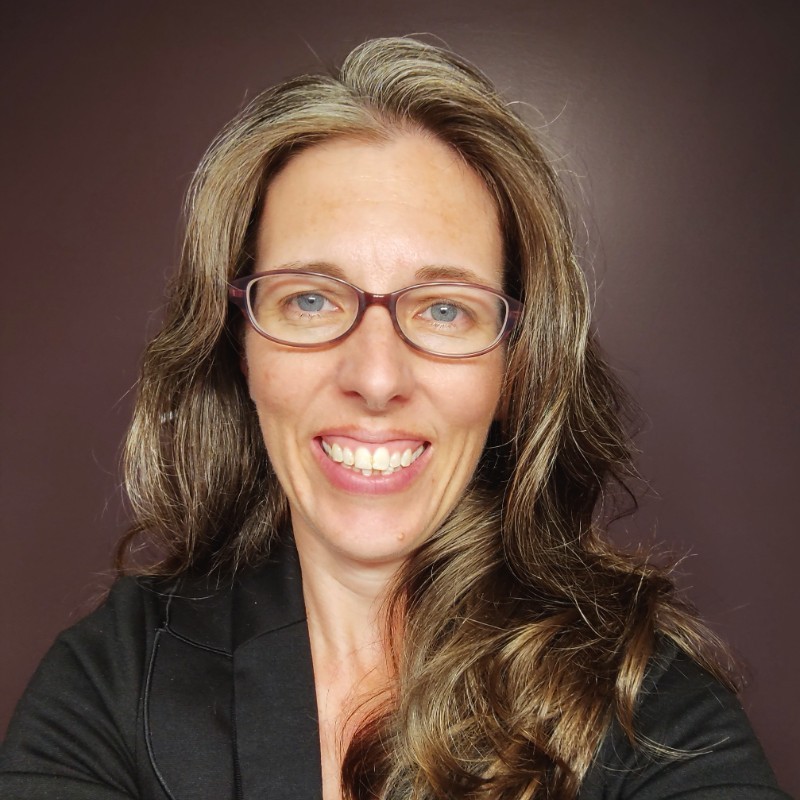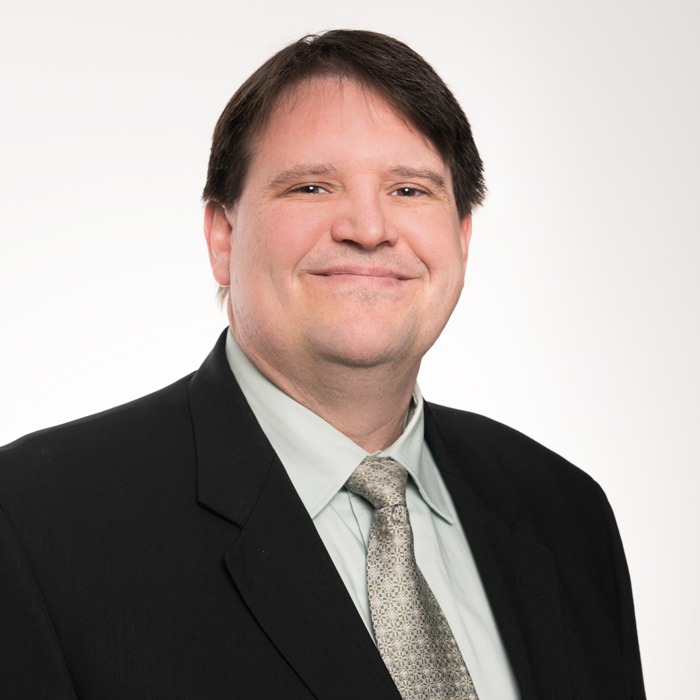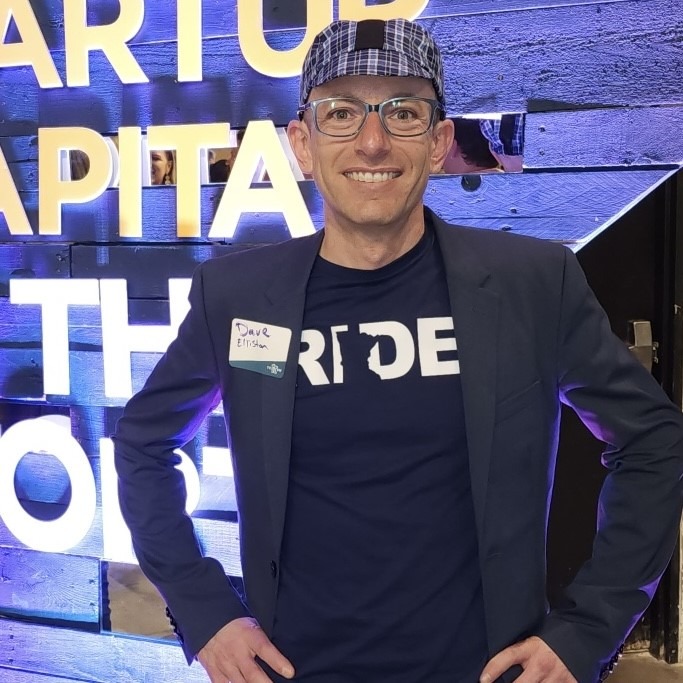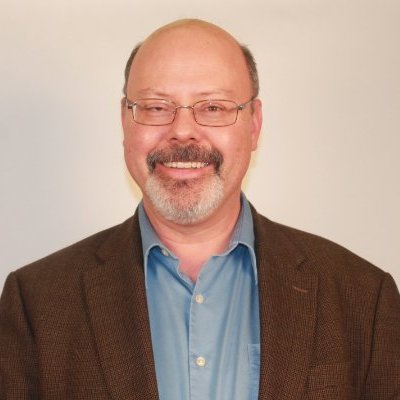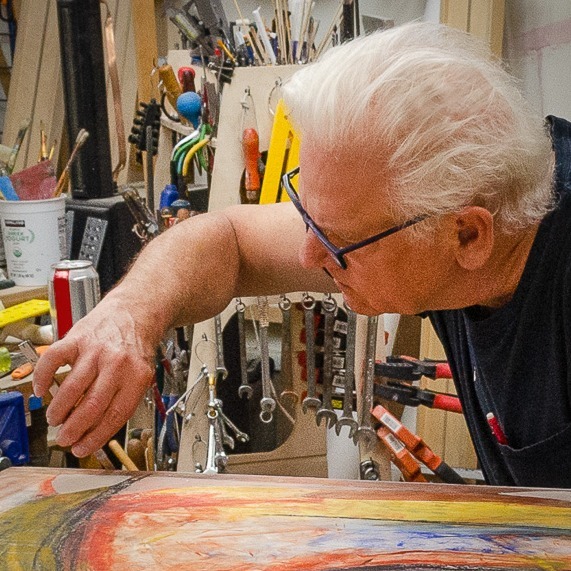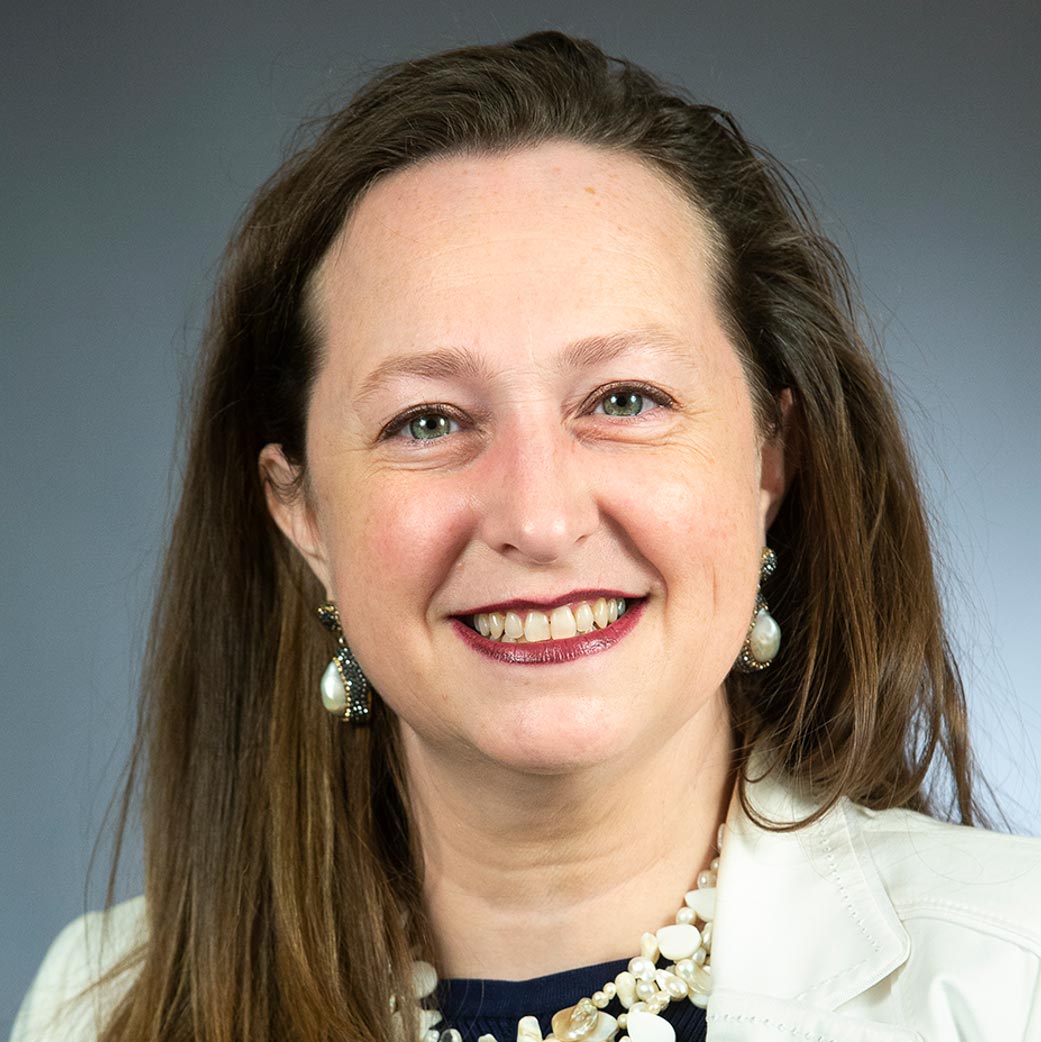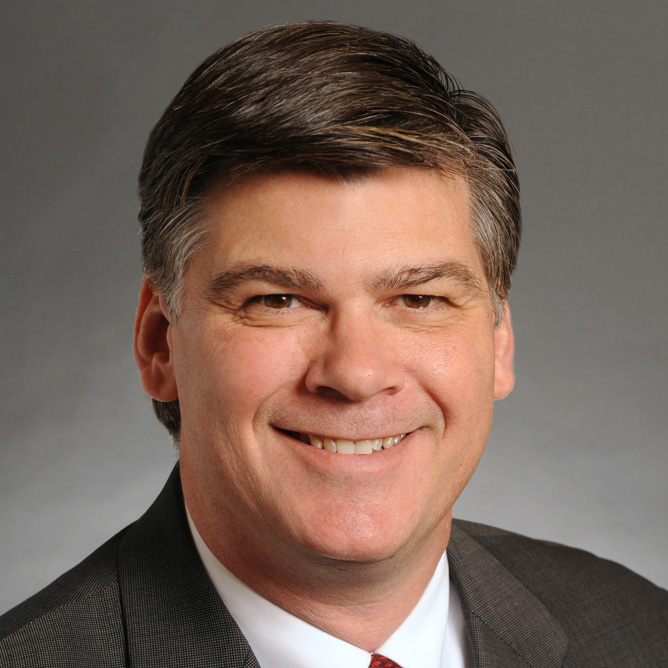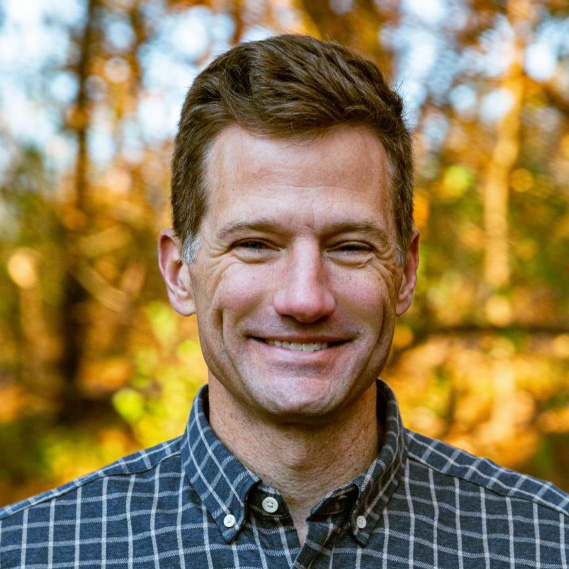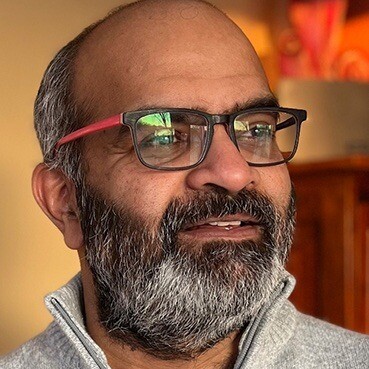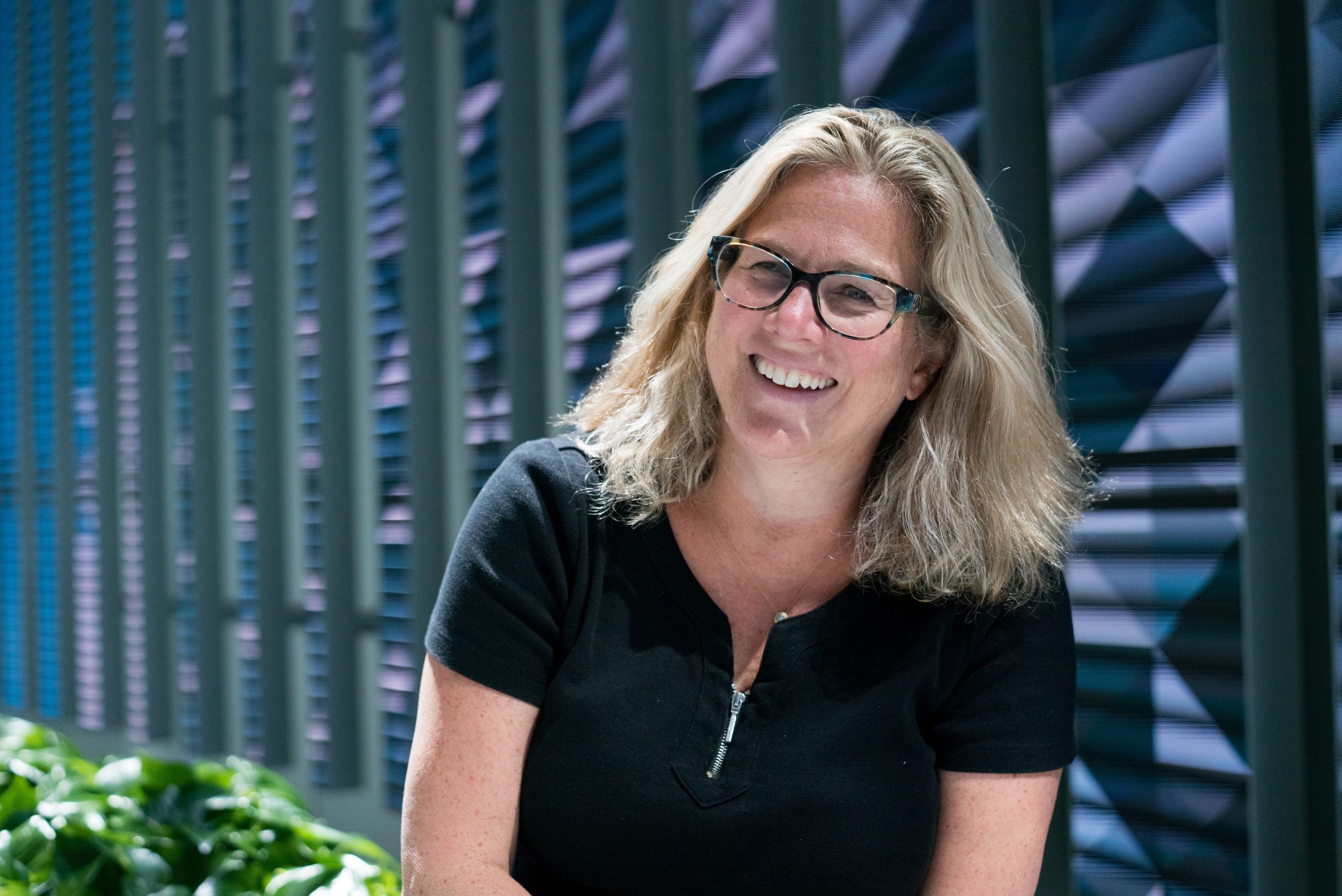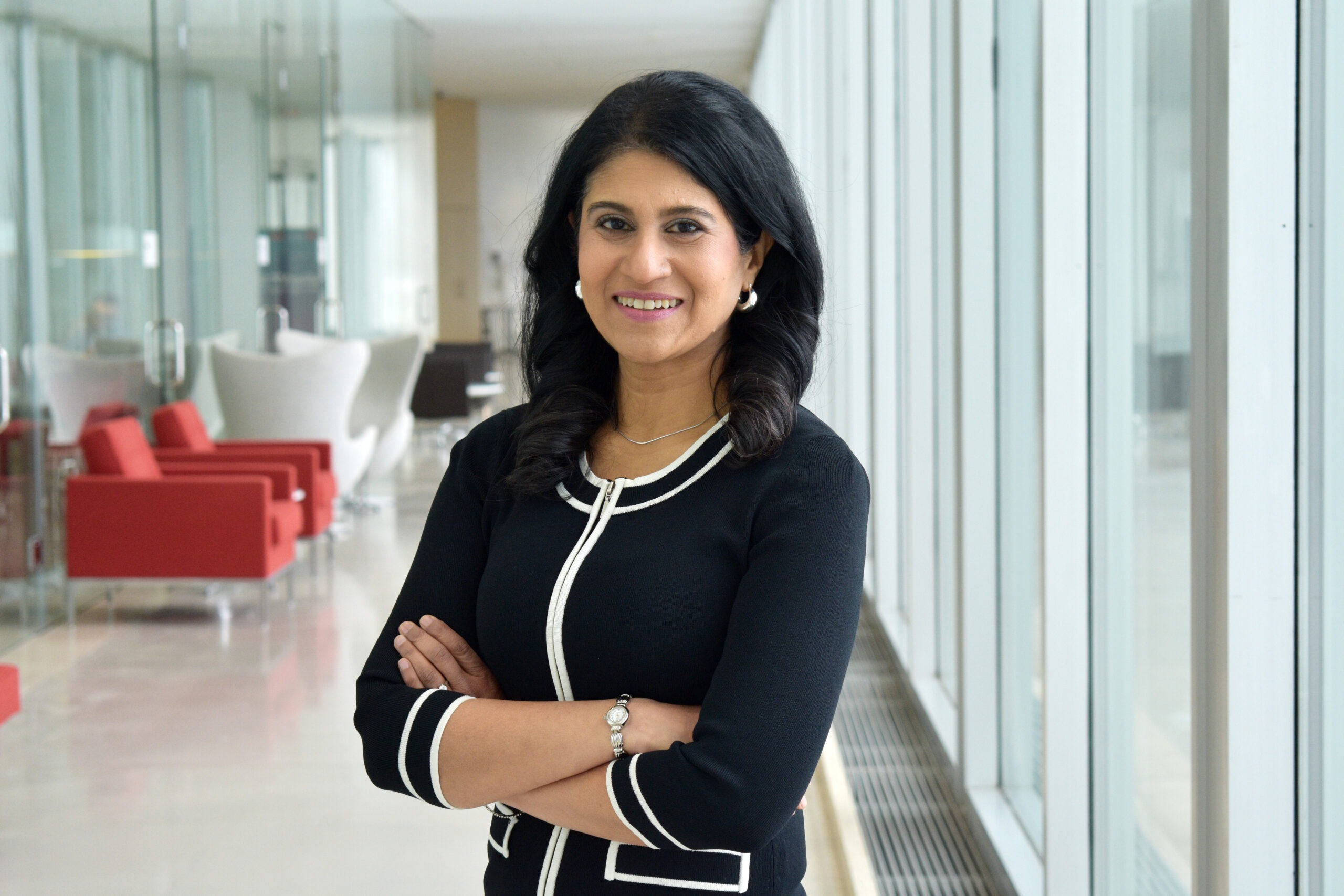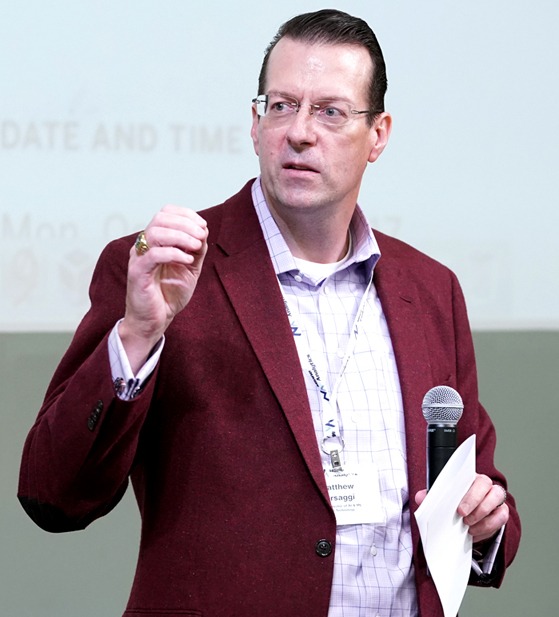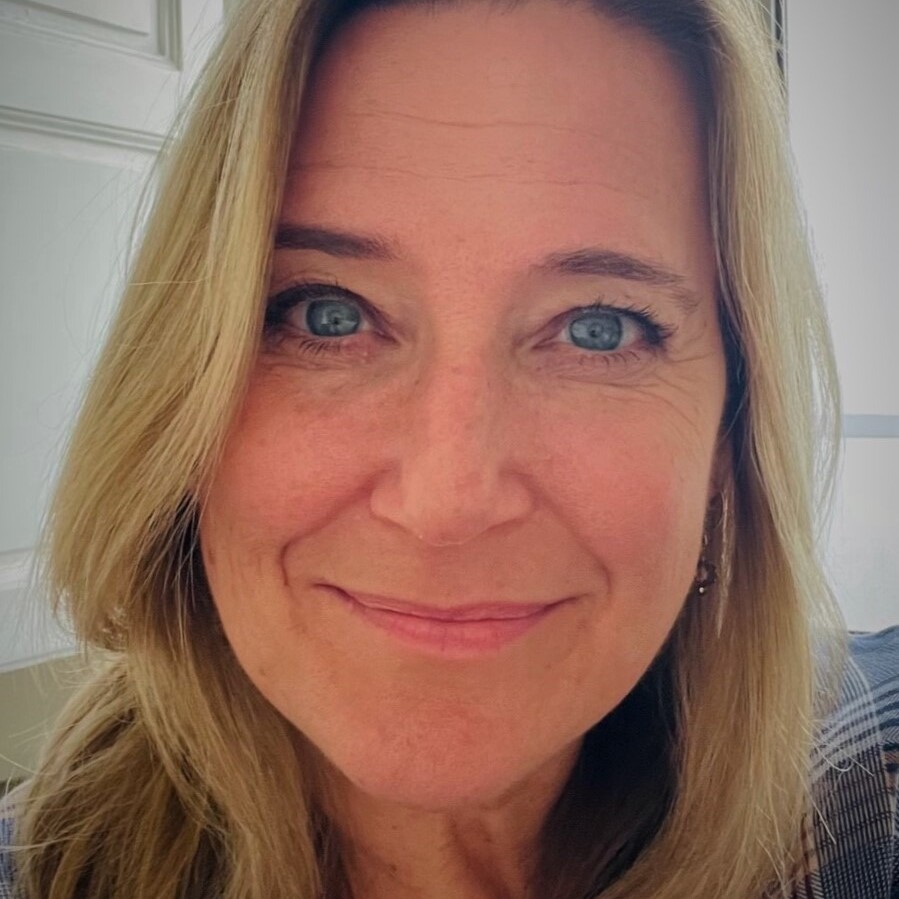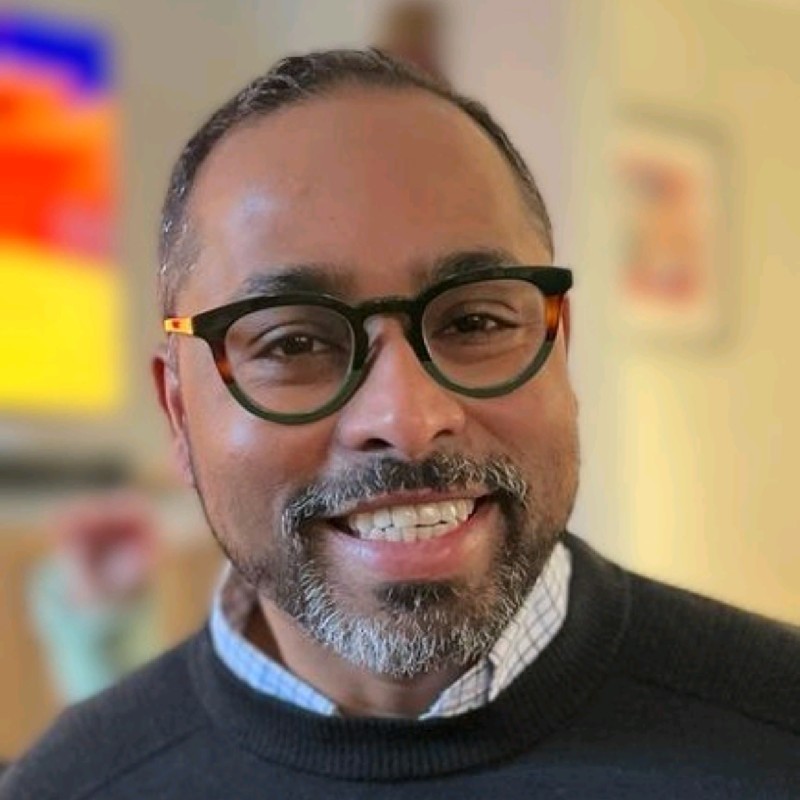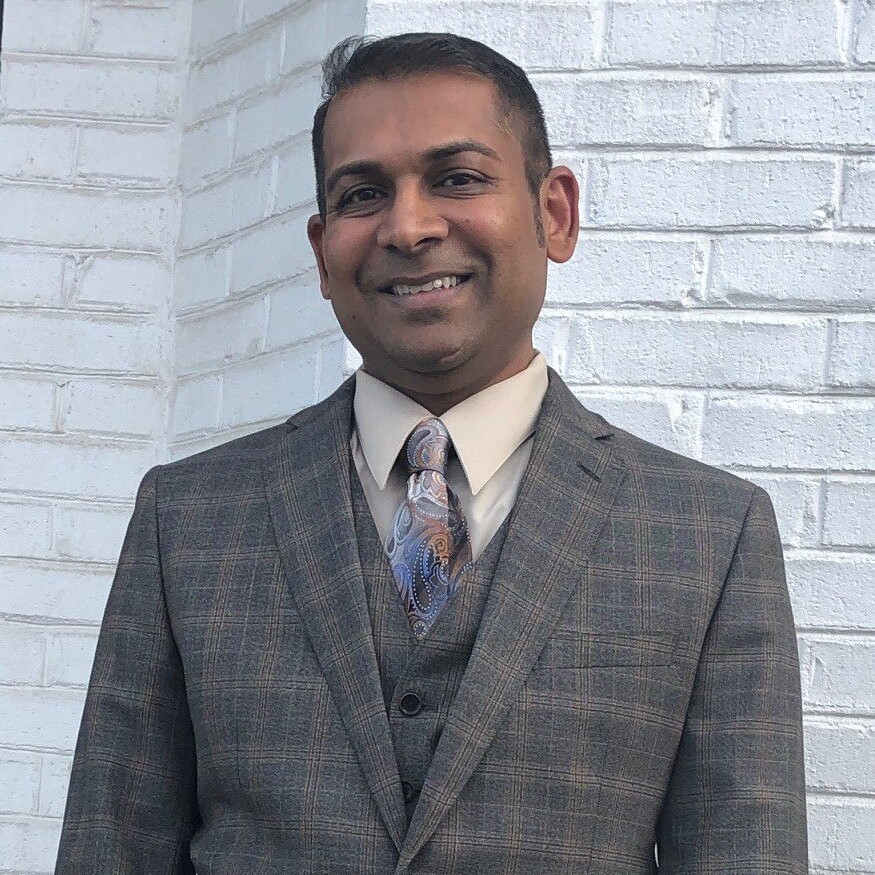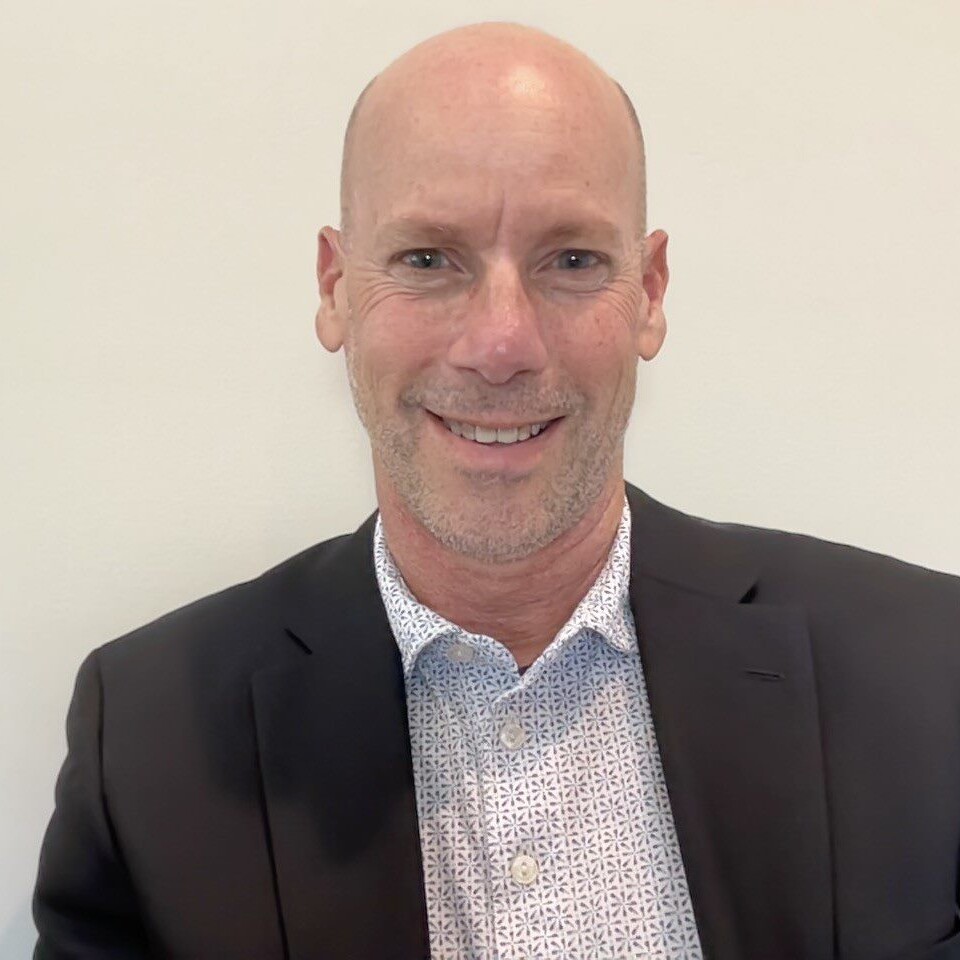In the 1930’s, many communities in rural America were without electricity. It took a collective understanding that getting all homes and businesses connected to the electrical grid was a modern necessity. This understanding set into motion the individuals, legislators and organizations who implemented the Rural Electrification Act of 1936 to bring these communities into the new era. Now, in 2020, almost 100 years later, America is faced with a similar problem and the team at Land O’Lakes, Inc. aims to address this issue with a similar approach.
“Today, 18 million Americans lack access to broadband connectivity – 14 million of whom live in rural America,” explained Matthew Wohlman, Land O’Lakes’ Senior Director of State and Industry Affairs. “In today’s economy, these families, businesses and communities are left behind. So, we launched the American Connection Project (ACP) – a coalition of over 125 major companies, trade associations, non-profits and other groups working to close the digital divide across America.”
The challenges faced by those on the wrong side of the divide have only increased in the wake of the pandemic. With many now working from home or taking classes online, having reliable internet access has become essential. It’s no wonder why the number of organizations within the coalition doubled between July and September alone. Big players across industries have come together to pledge their support. From the Mayo Clinic to Microsoft, all those involved recognize the urgency of the situation and their ability to make it right.
“Each member sees the problem from a different vantage point and collectively we are unifying our voice to solve this problem. We are advocating for broadband infrastructure funding, better mapping, and improved coordination – all to improve livelihoods and American competitiveness,” Wohlman said.
Start with Wi-Fi
What is the ACP doing to close this gap? In an attempt to address the immediate needs of those working virtually due to COVID-19, several ACP companies have set out to provide free guest access to Wi-Fi locations across the country.
“Recently, we launched the ACP Wi-Fi Map,” Wohlman said. “We have identified nearly 2,400 Wi-Fi locations across 49 states (still working on finding a spot in Alaska) where local communities can get connected for telehealth appointments, finish a homework assignment or just manage daily life.”
While the ACP is laying the groundwork for this initiative, they are still calling on more organizations to help build out the map and make it stronger. By turning on free public Wi-Fi in local communities they’ll provide immediate relief to families who don’t have access. This, however, is not a sustainable solution. For permanent connectivity improvements to be made, legislation must be enacted.
From Capitol Hill to Wires and Satellites
“On the legislative side, we are pushing for three major items,” Wohlman explained. “First, we are calling on Congress to invest at least $80 billion to close the digital divide. Secondly, we need to improve the accuracy of the broadband mapping at the Federal Communications Commission. We know that these maps need significant improvement. Congress recognized this need and passed the Broadband DATA Act recently. Now, Congress needs to provide the necessary funding to complete these maps. And lastly, we need to position America as a technology leader. That will require leadership at the federal and state levels to ensure we are coordinated and making smart investments that enhance our competitiveness as a nation.”
From there, the ACP will need to see to the actual technology and infrastructure necessary to physically/ digitally connect all those in need. Depending on the location, this will mean installing wires underground, launching/ positioning satellites and coordinating wireless signals. To accomplish this, more technology companies need to get involved.
Next Steps
Wohlman, Land O’Lakes and others within the coalition are working closely with policymakers building momentum around the ACP to get the infrastructure package approved by the U.S. House and Senate. But there is still a lot to be done from individuals and organizations within the tech industry.
“Join us in the effort to advocate for this investment,” Wohlman said. “We need everyone’s voice at the table. Connect with your members of Congress. On the individual level, talk to your company leadership about joining the coalition. Broadband connectivity is an economic multiplier that will have significant implications for our future. We cannot afford to say the challenge is too big; but rather, that we cannot afford to pass on this investment. In the agricultural community alone, the U.S. Department of Agriculture estimates broadband can have $18 billion in economic impact – not to mention implications for education, healthcare, business and communities.”
If you would like to learn more about the American Connection Project, or are eager to get involved, you’re encouraged to email Matthew Wohlman at mwohlman@landolakes.com. This project is a massive endeavor, but with enough people behind it they can come together to close the digital divide, connect rural communities and ensure that everyone has the access they need.

